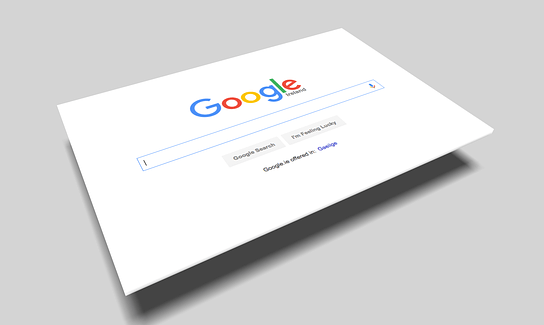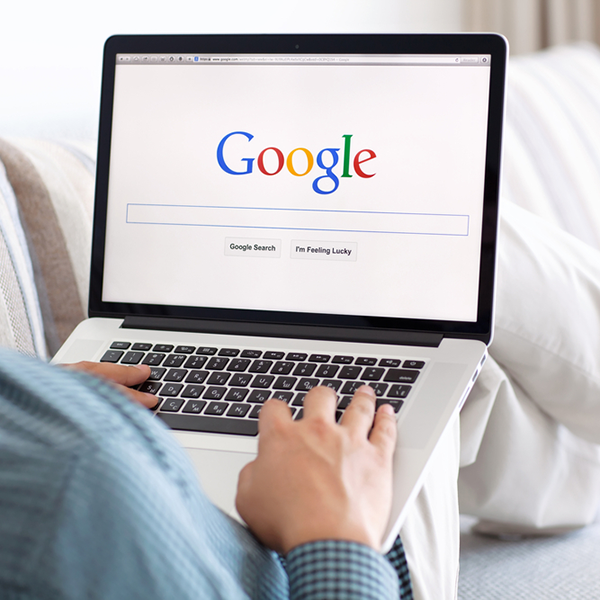Back to Basics: What's the Difference Between SEO and PPC?

The difference between SEO and PPC may be quite a bit, but the end goal is the same.
Before we explain into detail, let's take a look why knowing about both of them is important for you and your online business...
As you may know, Google and other search engines are basically how people access the Web.
Every minute, more than 2.3 million people search for something on Google.
That's a lot of people looking for answers to their real-life problems.
They could be searching for a nice restaurant near them, hunting for a good car dealer or looking for solutions to many of their problems.
In short, people are looking for solutions in the form of answers, products and services - and are willing to pay money to get it.
When people search for something on Google, it pulls out relevant information it thinks people might find useful.
Plus, Google is pretty dang accurate at pulling out the right info at the right time.
That's why, most people find answers and solutions to their problems extremely quickly, not having to even visit page two of the search results.
In fact, it is estimated that of the millions of people who search on Google every day, less than 10 percent bother visiting the page two of Google search results, meaning most of the traffic lies on the first page.
And that's where your business, product or service should be listed. On the first page, and even more preferably, on the top three spots of the first page of Google search results, because that's where the money is.
To get ranked that high on Google, there are basically two ways to do that:
SEO and PPC.
Both have their own advantages and disadvantages. To really understand what the difference between SEO and. PPC is, let's take a look at them individually and see what their strengths and weaknesses are.
SEO vs. PPC: What Makes Them Different
Benefits of PPC
Pay per click is exactly what the name suggests. Instead of organically and gradually ranking your way to the top of search results, you pay the search engine of your choice (which probably is Google) to place your website on the top spot instantly.
And every time a user clicks on your ad or website, the search engine (i.e., Google) charges a small fee, hence the name pay (or paid) per click.
The biggest benefit of PPC is that without much effort, you can instantly put your products or services front and center in front of a large, highly engaged audience.
This guarantees you get massive amounts of exposure for your business in a relatively short amount of time without much effort.
The only thing you'll be spending is money. And for impactful results, you'll need a generous budget to make sure you get enough traffic to cover your costs and gain a profit.
And since search engines like Google only charge you once a person clicks on your ad, you can be sure there is a high chance that the person who comes to your website will interact and hopefully purchase your product or service.
Benefits of SEO
Search engine optimization is the art of optimizing your website with the goal that it ranks on top of the search engine result page naturally and organically.
The strength in ranking your website higher through SEO lies in the fact that when your website shows up in response to a user's query, it won't be marked as an ad.
This is advantageous because users are more likely to click on the websites which rank organically rather than those websites which are on the top and are labelled as ads.
Another huge benefit of SEO is that it is a free, or extremely cheap way of making your website authoritative and ranked on top of Google.
Plus, it guarantees you will get a more engaged audience on your website (as long as your website has quality content). In fact, compared to PPC lead search results, website which rise through the ranks using SEO get clicked eight times more often.
This is because organically ranked websites are more trusted and users often train themselves to ignore ad-lead search results.
SEO vs. PPC: Which One Is Better For Your Online Business
The main difference between SEO vs. PPC is time vs. money.
Use SEO as A Long-Term Strategy
With SEO efforts, you'll be spending a lot of time, possibly years, gradually building your expertise and finding out how to rank on top of Google.
You'll be creating high-quality content, spend time link building, focus on improving your bounce rate and much more to rank your way to the top of page one of Google search results.
This is due to the fact that Google and other search engines rely heavily on their algorithms to deliver extremely relevant results. And the right SEO efforts help your website become authoritative and extremely relevant in the eyes of these algorithms.
So even though ranking your website through SEO takes time, you get to the top of the search results for free, which if done through PPC could easily cost you thousands of dollars.
Use PPC for Quick, Short-Term Results
While the above advice is true, the strength of PPC lead campaigns lies in their ability to instantly get you high quality traffic in the least amount of time as possible.
This can be especially useful if you're just starting your online business and need to get traffic as quickly as possible so you can optimize conversion and quickly perform A/B tests to gather data needed to increase sales.
While this is fast, it is definitely not cheap since Google can charge anywhere from pennies to even a couple of dollars on a single click.
That's why it's important to create effective campaigns so your ads appears only when it's highly relevant to your audiences.
There are whole agencies who build these PPC campaigns for businesses and do their best to make sure you can get the most clicks in the lowest amount of money possible.
In the end, both have their strengths and weaknesses and it's up to you to decide what resource you can afford to spend: Time or money. This is where the biggest difference between SEO and PPC lies.
If you are short on time, go for PPC campaigns and if you are short on cash, go for SEO.
Even better would be to use a mix of these two to get consistent traffic right from the start, using PPC to jumpstart the traffic coming to your website and also gradually working on your SEO efforts to maintain the flow of traffic and gradually stop relying on expensive PPC campaigns in one effortless transition.
About the Author
Derek Robinson is the founder and CEO of Top Notch Dezigns, a Web design and digital marketing company located in New York. In his free time loves to share his knowledge about the Web design industry.










